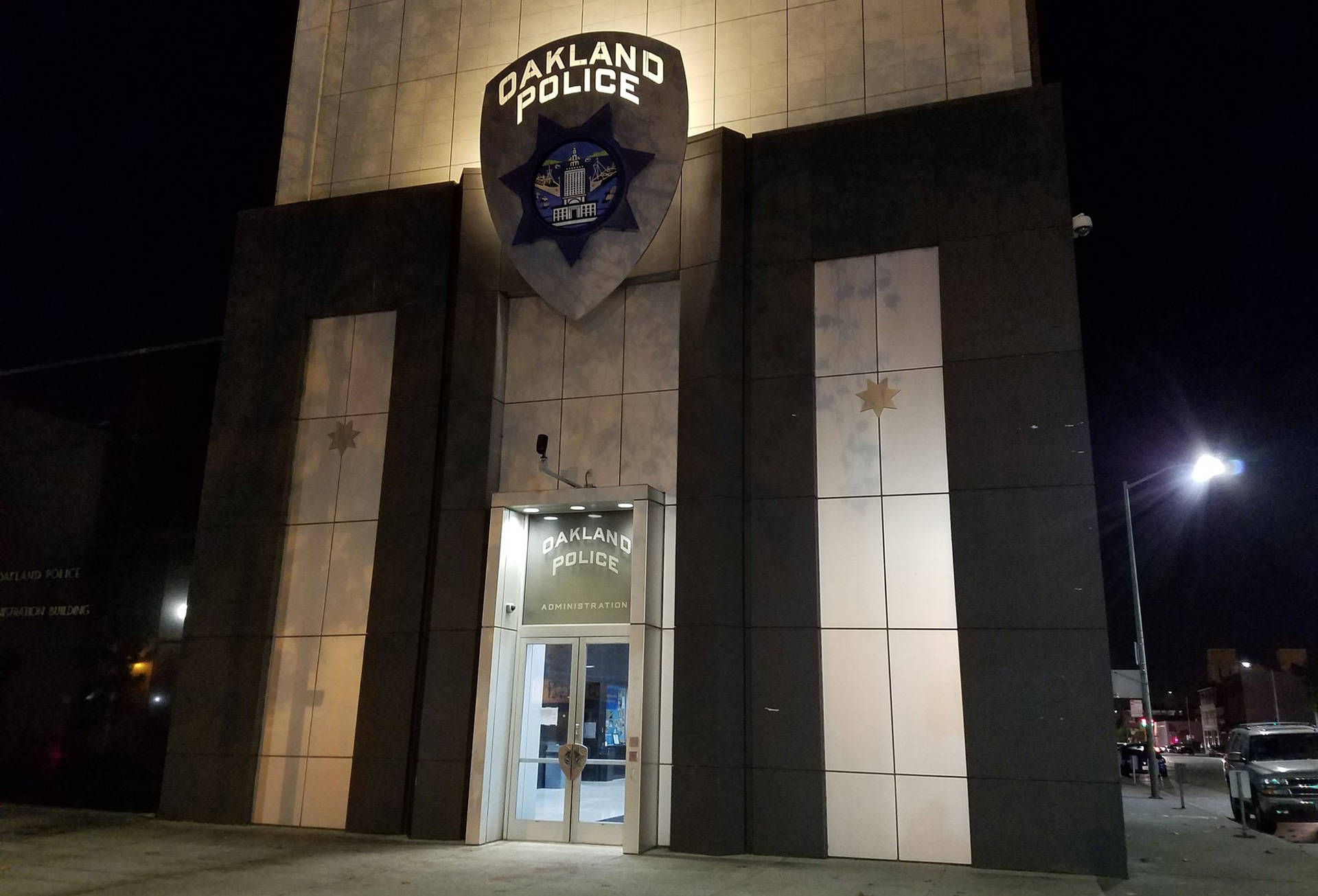Oakland Mayor Libby Schaaf agreed with that assessment at a press conference called by her office to respond to the report.
"I do think this wouldn’t have been handled appropriately had this intervention not occurred," Schaaf said, noting "many changes" in the Police Department over the past year, including appointing Kirkpatrick.
Schaaf acknowledged the report's findings that city leadership had allowed an independent investigation she initiated to stall at the end of last year.
"Those months we were very focused on the Ghost Ship fire recovery, as well as onboarding the new police chief, who is the most important part of addressing the concerns raised in this report," Schaaf said.
OPD investigators' attitude toward Abuslin led to major flaws in the department's probe, the report found.
"[W]e found that OPD quickly assessed Ms. Abuslin as not credible and failed to pursue investigation of the allegations vigorously in part because of who Ms. Abuslin was and how she responded to being interviewed by OPD," the report says, acknowledging that Abuslin was initially a "challenging witness."
"But she was a young woman who was alleged to have had repeated sexual contact with law enforcement officers – officers who took advantage of her age and vulnerability. Given the allegation that she had been sexually exploited by OPD officers, OPD owed her at least the same patience, concern, and investigative attention that they afford other victims."
Police Chief Kirkpatrick she understood the report's recommendations, and that the problems it highlights are "all repairable."
"Strong leadership, clear procedures, and a commitment on our part to treat all victims with care and attention," she said. "Our past does indeed inform our future. My presence here is all about our future."
Although the report's findings are most critical of former Police Chief Sean Whent, it references failings throughout the Police Department's command, including those in charge of homicide, internal affairs and criminal investigations.
"I don't even know who those people were in those roles and places," Kirkpatrick said. "My entire command staff that I have in place today, from my personal assessment, I have confidence in."
She said the internal affairs division now directly reports to her, and leadership of the criminal investigations division had changed since last year.
"That's not a reflection of old leadership," she said.
It was hardly a secret that in early 2016, all parties involved were close to ending over a decade of federal oversight of the Police Department.
Burris, one of the attorneys who litigated the lawsuit that initiated that oversight through a negotiated settlement agreement said the court investigator's findings are "explosive," "hurtful" and "a major setback to the department."
"We thought that we had put together a strong effort where the internal affairs department would be in a position to uncover, investigate and monitor this type of activity. Clearly, it did not," he said. "It will have a long-term impact on the potential ending of the NSA."
Read the full report below.
